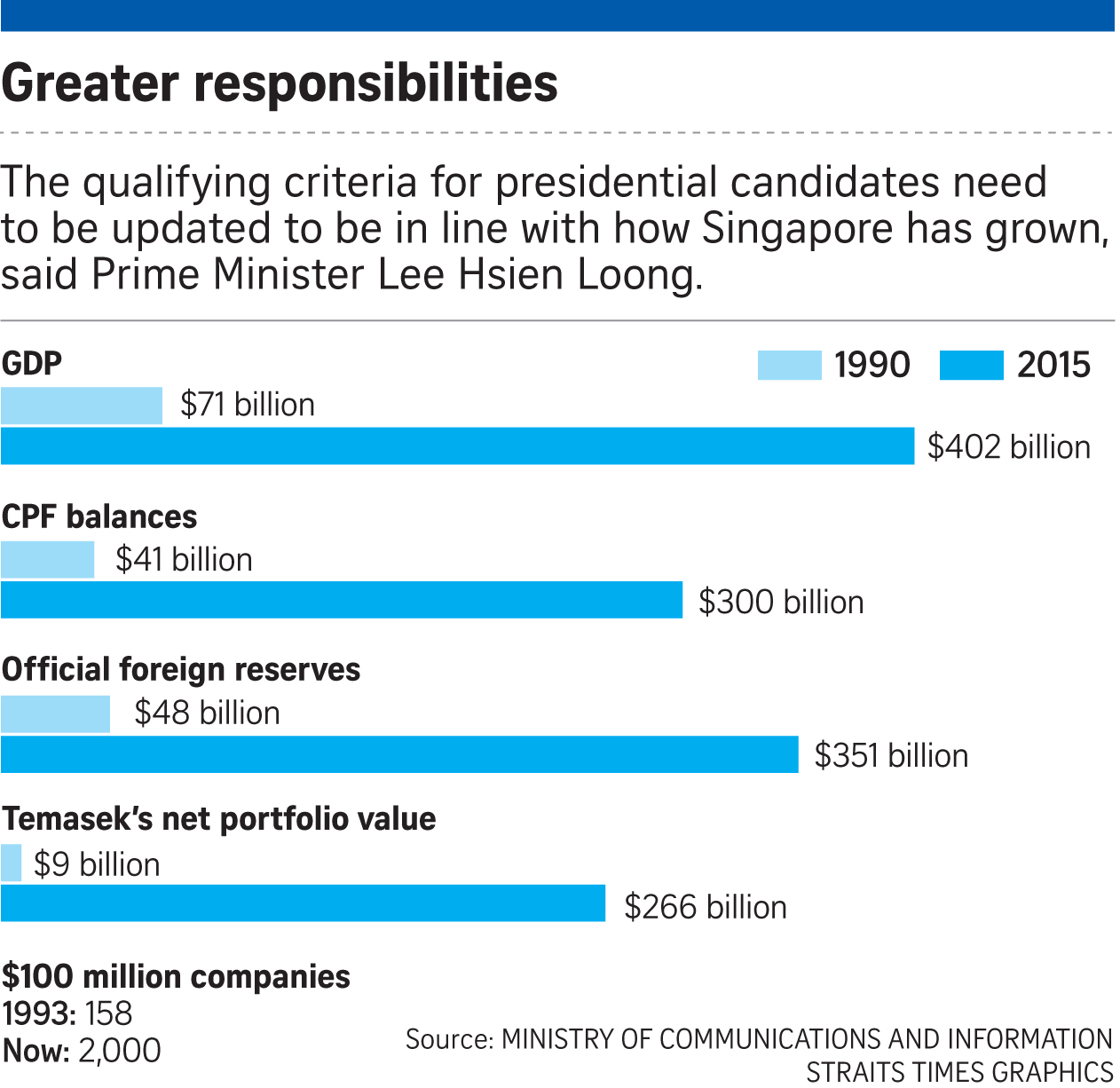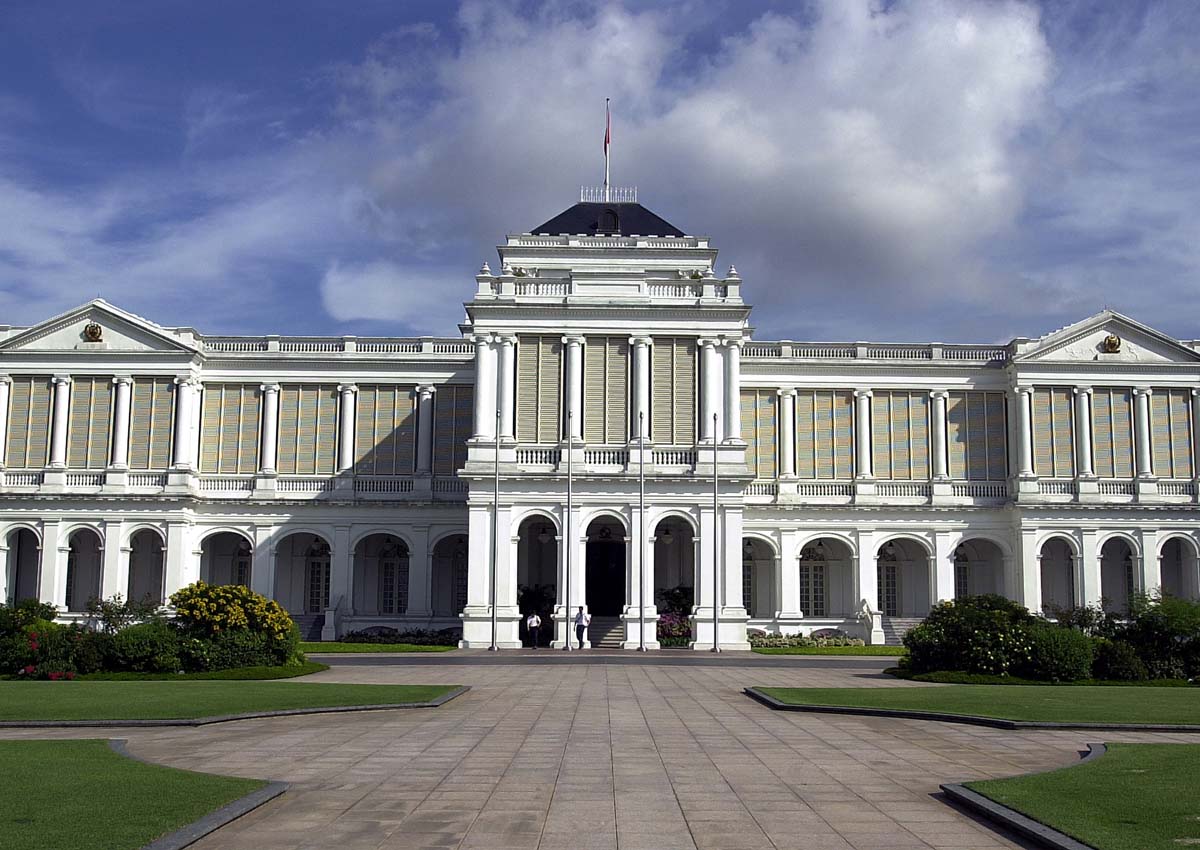A government survey has found that a majority of Singaporeans agree with the need for a minority president from time to time, but the level of support for a reserved election varies among the different races.
Law Minister K. Shanmugam cited these results at an Institute of Policy Studies forum on the elected presidency (EP) yesterday to show that while Singapore has come a long way in ensuring racial harmony, race is still a factor in elections.
The survey, which government feedback unit Reach conducted last month, showed that 60 per cent of 1,058 Singaporeans polled agreed or strongly agreed with the need to ensure that minorities are periodically elected to the highest office in the land.
But on a question about whether there should be a reserved election for minority candidates if a minority member has not been elected president for five terms, respondents of different races responded differently.
Among Chinese respondents, 28 per cent said they supported such a move. This number was 41 per cent for Malay respondents, and 40 per cent for Indian respondents.
“It’s interesting if you say race doesn’t matter. You look at the numbers and responses – the charts speak for themselves,” Mr Shanmugam told about 200 participants.
He added that the “sharp difference” could become even more apparent in a close race.
During the question-and-answer session, a participant questioned the need for a reserved election, saying that it could lead to tokenism.
She argued that minority candidates have beaten their Chinese opponents in parliamentary elections, citing the Bukit Batok by-election in May, which People’s Action Party candidate Murali Pillai had won running against the Singapore Democratic Party’s Dr Chee Soon Juan.
Mr Shanmugam, who is also Home Affairs Minister, said it was a false comparison as parliamentary elections and presidential elections were different. He added that a candidate’s party was a significant factor in voters’ decisions during parliamentary elections.
“Don’t go away with the impression that I’m suggesting that race is the be all, end all. (But) do you think it doesn’t matter for 5 to 10 per cent of the population?” he said.

Ultimately, he said, the Government has to make a “judgment call” on how much racial issues swing votes and whether it will lead to minorities being shut out for long periods from the presidency.
He added that having a provision to ensure minorities are elected from time to time is “an area the Government believes is the right thing to do, (so) we have to convince people”.
A Constitutional Commission set up to review the elected presidency had suggested having reserved elections that kick in for particular racial groups, if people from the group have not been elected president for five terms, or 30 years. The Government accepted the suggestion in a White Paper issued last month.
This and other proposed changes to the elected presidency will be debated when Parliament sits on Nov 7.
The other proposed changes have to do with the eligibility criteria for presidential candidates, the Council of Presidential Advisers and framework of the president’s powers and provisions that entrench and safeguard the presidency.
The Reach survey also found that 64 per cent of respondents thought having elections was the best way to choose a president, compared with 14 per cent who wanted the president to be appointed by the Government, and a fifth who thought it did not matter.
The remainder said they were not sure.
60 per cent: Out of 1,058 Singaporeans polled, this percentage agreed with the need to ensure that minorities are periodically elected to the presidency.
28 per cent: Chinese respondents who agreed there should be a reserved election for minority candidates if a minority member has not been elected president for five terms.
41 per cent: Percentage of Malay respondents who supported such a move.
40 per cent: Percentage of Indian respondents who backed the move
Read also: Elected Presidency changes: It’s not just about the politics
Read also: Elected Presidency: Better checks, better candidates?
rachelay@sph.com.sg

This article was first published on October 22, 2016.
Get a copy of The Straits Times or go to straitstimes.com for more stories.



























































































